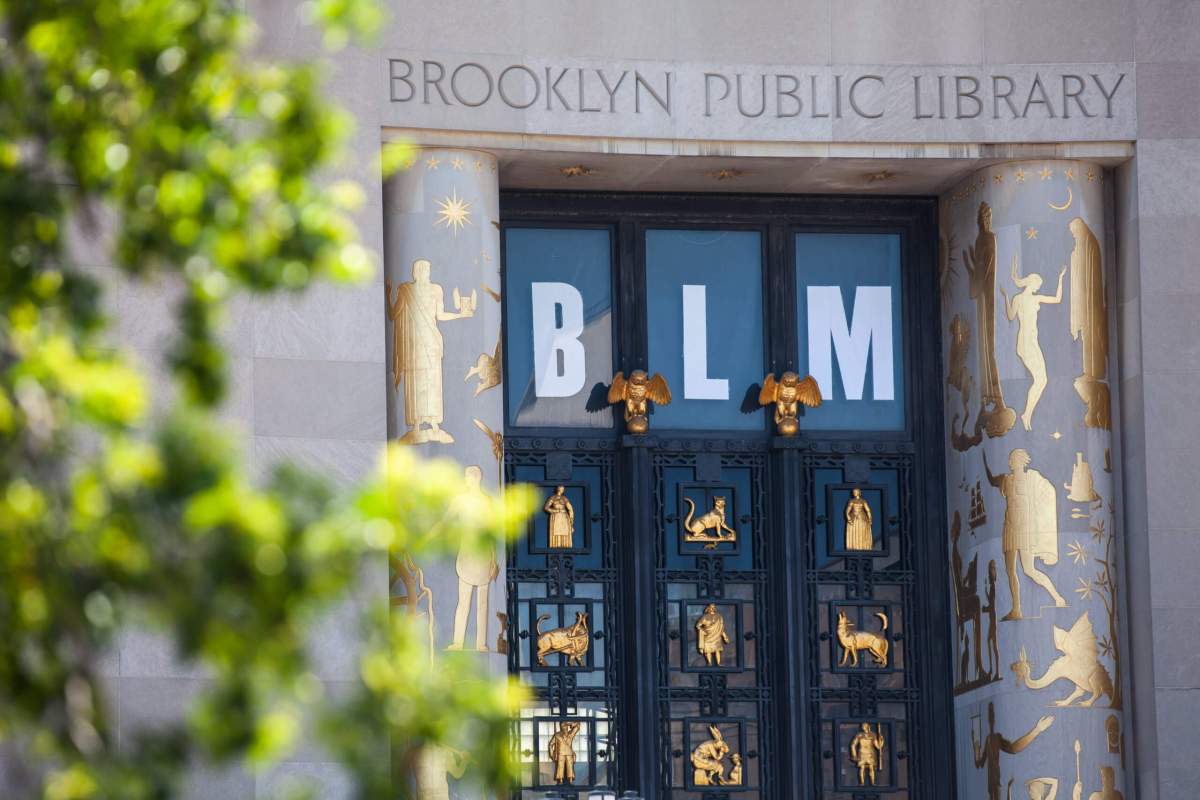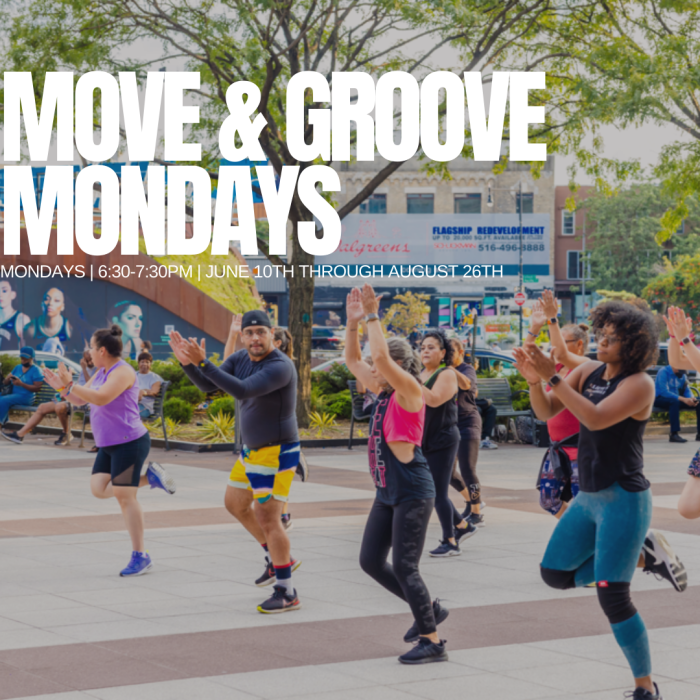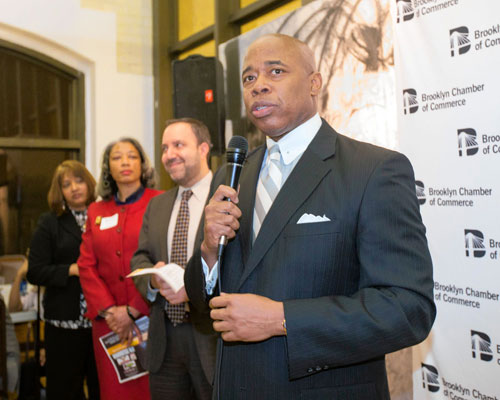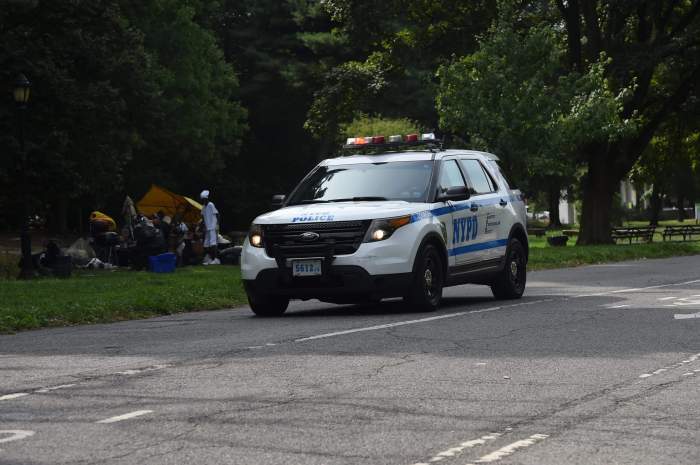As Brooklyn’s Black community faces different challenges and reaches new milestones, their concerns and needs change. As a new Black History Month begins, some experts say this year’s agenda should not only include remembrance of the celebration’s origins and isolated historical facts, but also the root and context of current issues.
Last year, Black History Month included the celebration of Kamala Harrys being appointed as the first Black female vice president and Reverend Raphael Warnock as Georgia’s first Black Senator. It also shined a light on the disproportionate number of deaths and job losses among Black Americans from Covid-19.
This Black History Month, the inclusion of Critical Race Theory and broader Black history in school’s curriculums, pushing back on restrictive voting legislations and closing the wealth gap are priorities for advocates and community leaders.
Awareness of the history of Black people in the United States is, to this day, a contentious subject even in states with a large Black population like New York. Social disparities that Black communities suffer from are rooted in history and awareness is considered crucial by many to achieve racial justice.
“In New York State alone, we’ve been trying to pass the Black history curriculum bill for the past six to seven years and it seems to be the only bill that they’re so adamant in not getting out of the Education Committee,” said Anthony Beckford, president of Black Lives Matter Brooklyn.
An online petition launched three years ago by Beckford calls on the State Senate and the State Assembly to pass the bill. To date, the petition has garnered more than 125,000 signatures.
“Schools are required to go over Rosa Parks, Martin Luther King and a couple of other biographies, but we need our children to understand what is going on today,” he said. “They need to understand not only the truth and ugliness of racism and slavery, but also that there have been Black scientists, navigators, kings and queens and learn from very positive representations of them.”
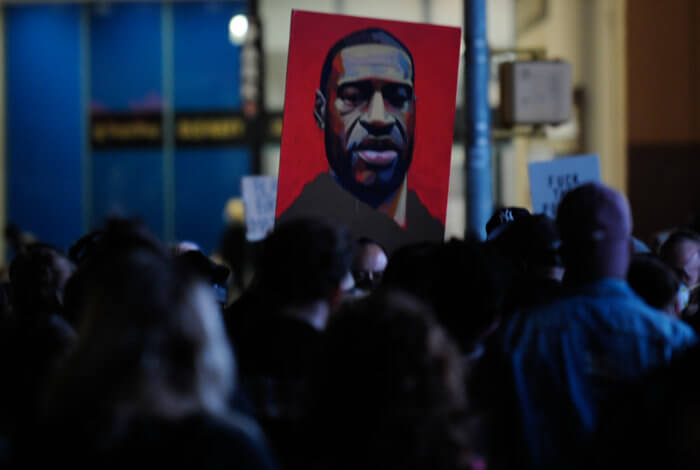
Black Lives Matter Brooklyn and other organizations will hold a forum on Feb. 21 with corporations such as Target, Walmart and Google to discuss these companies’ promises from 2020, when protests in the wake of the police killing of George Floyd were at a high, on Black employees’ equity improvement, guarantee livable wages and cutting bias hiring practices.
“There is no getting tired,” said Beckford. “We’re gonna keep addressing the issues and we’re gonna keep on putting people who truly represent us in office.”
Last year, 19 states passed 34 laws restricting access to voting and more than 440 bills of the same nature were introduced in 49 states. More than 100 will carry over from 2021 — and even more have been pre-filed for the 2022 legislative session in different states.
“This month, we need to address that laws resulting in voter suppression are tied together with systematic racism,” said Courtney Bennett, executive director of One Hundred Black Men of New York, an organization that focuses on mentoring, wealth-building strategies and awareness of health issues affecting the Black community. “These laws need to be changed permanently, so they don’t become an issue again and again throughout our history.”
According to Bennett, giving Black business owners visibility, supporting their entrepreneurship, and offering scholarships and internships to young Black people is key to achieving economic justice.
A study conducted in 2020 by the National Bureau of Economic Research found a surge of start-ups in America that coincided with federal Covid-19 relief stimulus, and it is strongest in Black communities. In different states, weekly business registrations more than doubled within months after the CARES Act was signed in March 2020. Then it rose by 60 percent, around the period of the supplementary aid package signed in December.
The greatest increase in business registrations happened in Black areas, particularly higher median-income Black neighborhoods.
“Black people need to be part of the American dream,” Bennett said.
All through Brooklyn, there will be events to commemorate Black History Month. To support local businesses, the New Women Space, a community-led place that promotes inclusivity, will host Black-owned pop-up shops and an African festival will take place at Hudson Station on Feb.19. The Brooklyn Public Library is hosting a series of virtual readings for adults about Black historical icons and a concert by the Harlem Chamber Players on Feb. 28.
“People are surprised to see our collections on Black history and the vast amount of materials we have to learn about it,” said librarian Donald Peebles. “Yet, there are still many misconceptions about it, from the arrival of Black people to America as slaves, but also some as free people and Black elites, to who Black people are today.”


